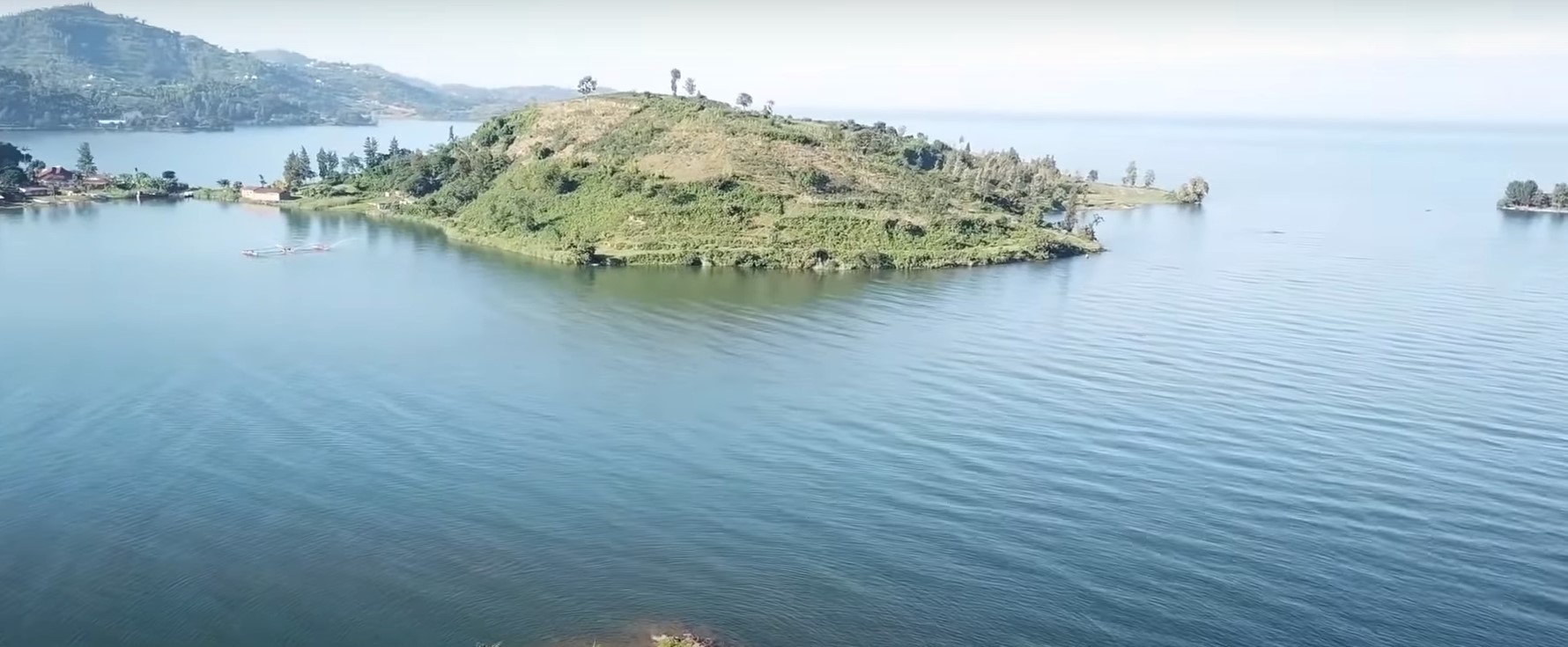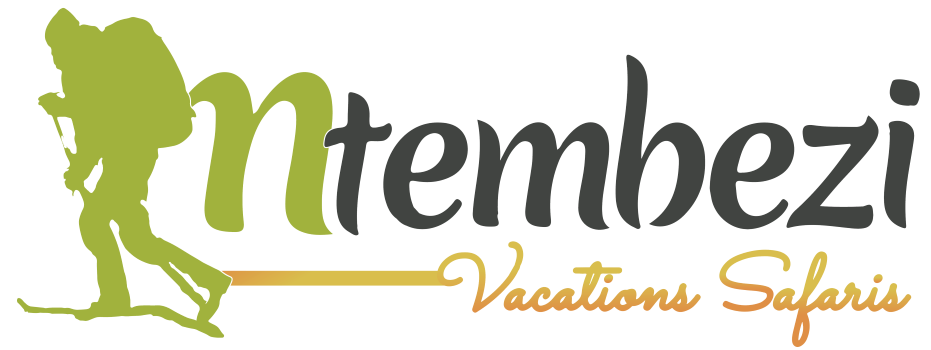Lake Kivu: All You Need to Know Before You Go
Lake Kivu is located in the Albertine Rift, the East African Rift, between Rwanda and the Democratic Republic of the Congo. The lake empties into the Ruzizi River, which flows south into Lake Tanganyika.
The lake is approximately 90 kilometres long and 50 kilometres wide, with a surface area of 2,700 km2. It is Africa’s eighth-largest lake. The lake has a surface elevation of 1,460 meters above sea level.
Lake Kivu is 478 meters deep, making it the world’s eighteenth-deepest lake. It is the ninth-deepest in the world. This lake contains 50% of the water in the Democratic Republic of the Congo.

Lake Kivu sits on a rift valley that keeps pulling apart, which causes volcanic activity in the area.
The lake is home to the Idjwi Islands, which are the tenth largest in the world. It is situated within Virunga National Park.
Lake Kivu is surrounded on all sides by towns, including Kabare, Bukavu, Kalehe, Sake, Gisenyi, Kibuye, Cyangugu in Rwanda, and Goma in Congo.
Lake Kivu is a freshwater lake, together with Lake Nyos in Cameroon and Lake Monoun. The lake has undergone Limnic eruptions.
Lake Kivu’s methane is known for being a cheap natural resource that has been in existence for export. The methane was also used for cheap power, but after a while, there was a mechanism that caused the Lake to overturn, which raised a lot of awareness about the risk that was posed to the local population. Its waters are fresh and good for anyone to swim in.
Activities to encounter at Lake Kivu
Swimming is a popular activity on the lake. It allows tourists to relax and chill. There are no hippos, crocodiles, or bilharzia in this lake, making it ideal for swimming. The water temperature is suitable for everyone.
Relaxation along the Lake’s shores following your gorilla trek and chimp trekking activities in Volcanoes National Park. Relax along the shores of Lake Kivu, enjoying the memories of your tour in Rwanda. There is tropical sunshine where you can see the fishermen at the lake, boats, and the amazing breeze of the mountains.
Water sports on Lake Kivu’s shores include water skiing, paddling, windsurfing, boat rides, fishing, and many others.
Hiking and Biking; The lake is an ideal location for biking and hiking, and you can also take a nature walk in the nearby forests, visit villages, encounter Congo trails, gain cultural experience, climb high hills, and do many other activities.
Coffee Visit A boat ride on Lake Nyamirundi Island will take you to several coffee plantations. The community will engage you in learning the process of coffee making, and you will have the opportunity to taste the products made from coffee.
Gisenyi town: Visit the town of Gisenyi as well as the Imbabazi orphanage. Rosamond, who lived in Mugongo village, started the home. She used to supply flowers from her garden to nearby hotels and guest houses until she founded an orphanage in Gisenyi in 1994.

Beach: Many tourists who visit Lake Kivu are drawn to the amazing sandy beaches, where they can relax, cool off, and enjoy the natural waves. Several gorilla trekkers relax along the beaches.
Those who wish to stay at Lake Kivu can do so at a variety of hotels, depending on their preferences. Lake Kivu Serena Hotel, Rushel Kivu Lodge, Kivu Paradis Resort, and Paradis Malahide are among them.

